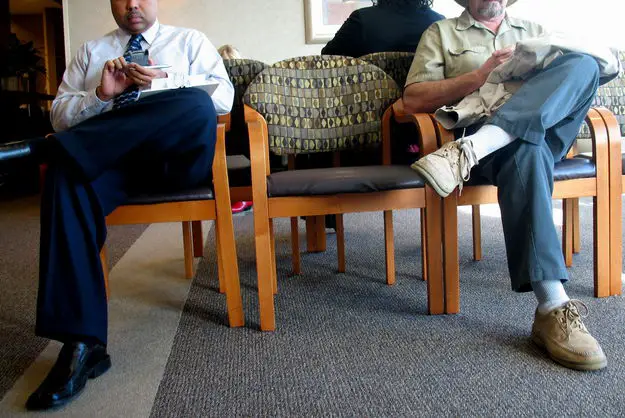This in from CQC in their own words. Ed
CQC will begin to introduce special measures from October this year. This will coincide with CQC starting to rate 8,000 NHS GP practices on the basis of whether they are outstanding; good; requires improvement or inadequate.
Initially we will pilot the special measures regime to test our approach, working closely with NHS England. We will also work closely with the GMC, the Royal College of GPs and others to develop special measures.
Under CQC’s proposals, special measures will allow the regulator, CQC, in partnership with NHS England, to set out clear expectations for improvement, including a timescale to sort out problems.
Six months for inadequate practices to improve
The proposals suggest that where aspects of a service are rated ‘inadequate’, practices will have six months to improve. If they fail to improve they will be put into special measures and if after a maximum of a further six months they are still found to be inadequate, they will have their registration with CQC cancelled and/or their contract terminated by NHS England.
In some cases, a GP practice will have such significant problems that patients are at risk, or there will be sufficiently little confidence in the practice’s capacity to improve on its own, that the practice will be placed straight into special measures.
Where, at the end of special measures, if the provider fails to improve and their registration is cancelled or where a contract is terminated by NHS England there would be joint planning between CQC and NHS England to ensure that patients registered at the practice continue to receive GP services. NHS England’s role would be to ensure that it commissions enough GP services for its population. CQC’s role is to register the new provider if there is one, or to amend registration if another provider takes on the practice.
Most practices are providing high quality care
CQC has been piloting a new way of inspecting GP practices, with specialist inspection teams which include a GP specialist advisor. These inspections have confirmed that most practices are providing high quality care, but a small number are very poor.
In some cases these practices have been providing poor care for a long time. Poor care has been able to continue for too long with some providers because the consequences of not improving have been insufficient. Everyone should be able to receive good quality care from their GP practice, whoever they are and wherever they live in England.
NHS England and the Royal College of General Practitioners are developing arrangements to provide support to GP practices that are placed in special measures.
Driving up standards
Professor Field said;
“Most GP practices provide good care. We have confirmed this in our pilot inspections so far. But we can’t allow those that provide poor care to continue to let their patients have an inadequate service. I want to do all I can to drive up standards in those that are not providing the services people deserve. We need to have a clear framework and a process to respond to those GP practices that are providing inadequate care to ensure that they can’t continue to provide inadequate care indefinitely.
“Special measures will firstly promote improvement, but where practices do not improve, working with NHS England we will call time on poor care. Special measures will be viewed as the final chance for a practice to improve.
“I would like to remind people that our inspection programme is not just looking at inadequate care, we are also looking for examples of good and outstanding care to share and celebrate across the system.
“When health and care organisations fail the people to whom they provide care, it’s important that failure is identified quickly and the action is to ensure services for people improve. That sits at the heart of special measures.”
Want to help GPs
Mike Bewick, Deputy Medical Director for NHS England, said:
“NHS England’s vision is to see general practice play an even stronger role in the heart of local communities, offering more joined up, high quality services. As part of this, we want to help GPs to provide ever higher standards of care to patients.”
Niall Dickson, chief executive of the General Medical Council, said:
“Whenever CQC’s new inspection system raises concerns about the competency of individual GPs, the matter will be referred to the GP’s local Responsible Officer and if necessary to the GMC. Family doctors are now subject to regular checks, but the inspections in England are bound to expose areas of weakness as well as good practice. We will work closely with CQC and local Responsible Officers to help drive up standards.”
Image: Frances1972 under CC BY 2.0





